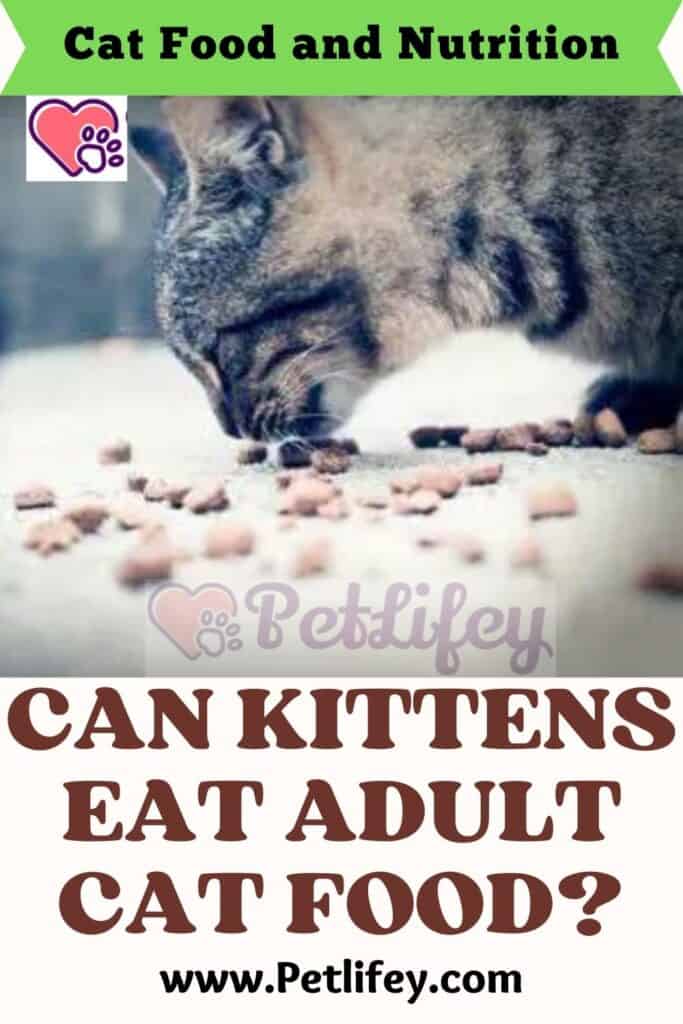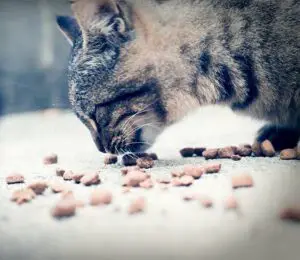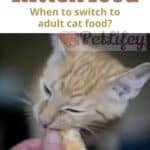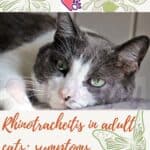
Can adult food harm a puppy cat? What risks and benefits can this type of diet bring to the health of the kitten: let’s find out together.
While we might think there isn’t much difference between adult cat food and puppy food, we might think a little bit before giving our kitten food unsuitable for its age. But is it really so? After all, we could just give it a smaller amount, and it would be the same thing. Or maybe there are some health risks to the cat, to consider before looking only at the price of food for our four-legged friend.
Food for puppies and adults
If we have both an adult cat and a puppy kitten in the house, she may be wondering if she can just use one type of food for both of our furry pets.
Probably, if we feed both kittens, the adult kitten will eat from both bowls, thus gaining weight and leaving the kitten undernourished.
Puppy cat food is usually more caloric than adult cat food, but it also contains nutrients that are very important for the growth of a small kitten.
For an adult cat, eating kitten food will not be a problem, other than the excessive consumption of calories. But a kitten shouldn’t eat adult cat food.
In case we have two cats, then, the best thing would be to feed them in different rooms, thus keeping them separate. And once they’re done, remove the food.
Of course, it’s not necessarily easy because cats (unlike dogs who gobble up their meal quickly) tend to eat a little at a time, without rushing.
The diet of the cat according to age
Some cat foods are good for any age. Of course, we should always ask our vet for advice on whether a particular food is suitable for the cat.
Let’s not forget that there are many harmful foods for the cat, and let’s not talk about something necessarily related to his age.
But how long do puppies need a specific diet? Thankfully, we’re only talking about a year or so, in which he has to eat special kitten food.
This is a generally valid time for all cats, unless it is of a larger breed such as the Maine Coon, which takes about 18 months to reach adulthood.
Depending on the age of our adult cat, however, we should think about which specific foods to choose for him / her.
Older cats, for example, usually develop problems with their teeth and gums as they age. For this, they will need softer kibble or wet food.
Veterinarians also once advised cutting down on protein in older cats’ food, although more recent studies now speak more of phosphorus.
In fact, it is phosphorus, and not proteins, that causes kidney disease in older cats.
Older cats probably don’t digest protein and fat as much as younger cats, so they need these nutrients in a different form than kittens.
Feeding the kitten

A puppy cat needs specific quantities and qualities of food for its growth needs, which are good for its still delicate digestive system.
Furthermore, let’s not forget that a puppy only gets his teeth from the second week of life, and also the rhythms of feline teething inevitably affect his diet.
Newborn cats usually do not need to be fed by us owners, considering that the mother will provide for all their needs through maternal breastfeeding.
In the case of artificial feeding of the kitten, however, here is how often we need to feed him:
- Up to 2 weeks to 3 weeks: every 3/4 hours for a total of 7/8 feedings per day;
- From 3 weeks to two months: every 5/6 hours, for a total of 5/6 feedings per day;
- From two months: the weaning phase of the puppy cat begins.
Starting more or less from the third or fourth week after giving birth, kittens need to get used to eating foods with a texture and flavor different from their mother’s milk.
Later, it will be possible to proceed step by step with food more and more similar to that of adult cats.






